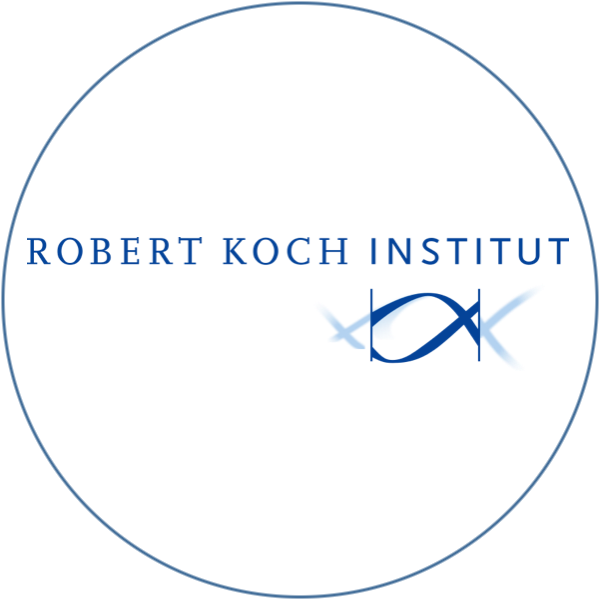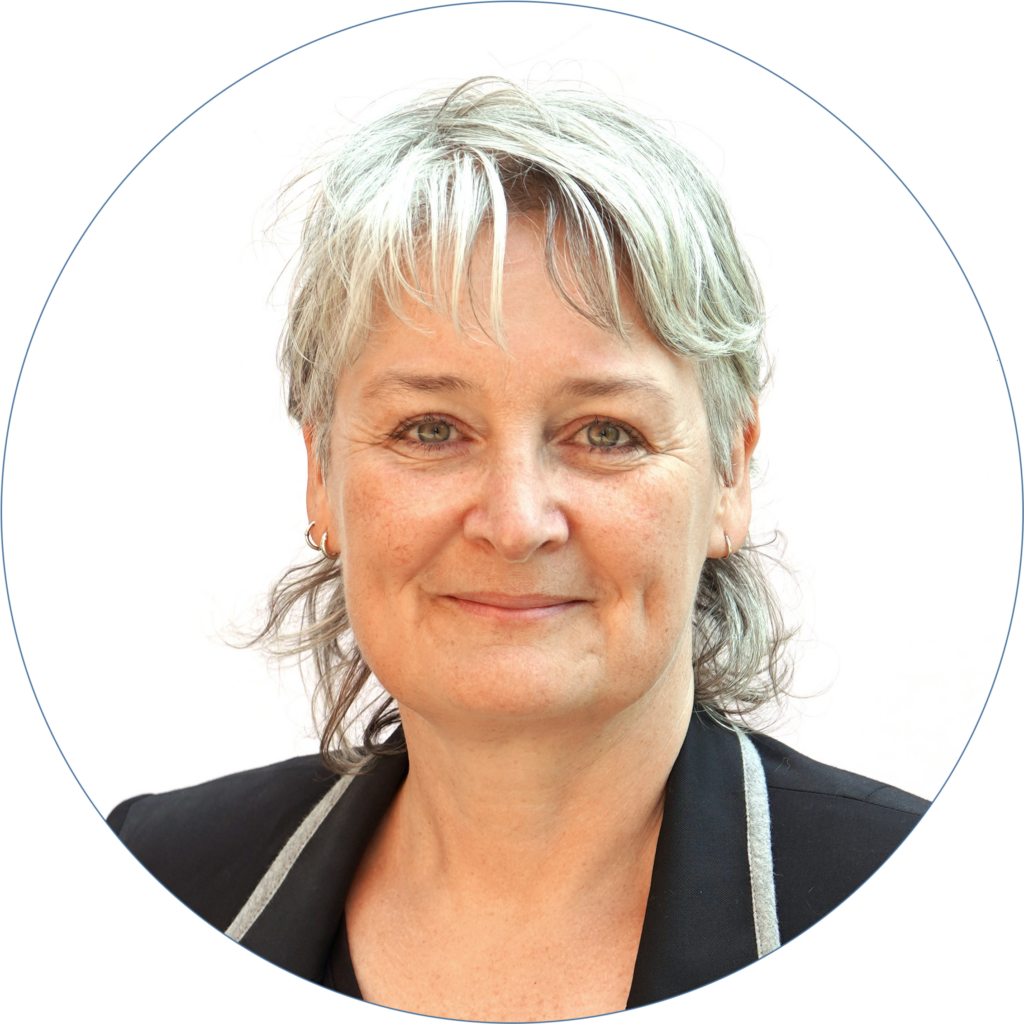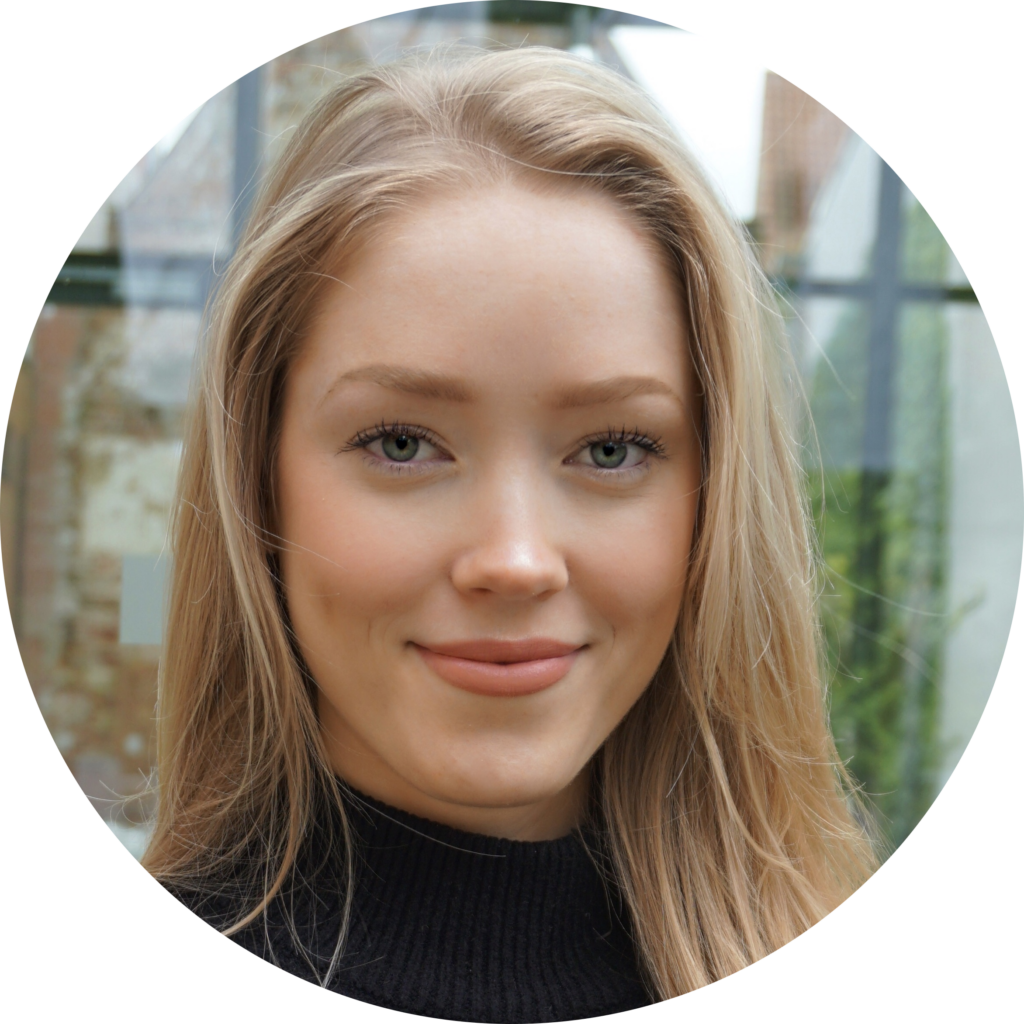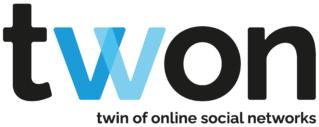About the organisation

The Robert Koch-Institute (RKI) is Germany’s public health institute. Its tasks include the identification, surveillance and prevention of diseases, especially infectious diseases, monitoring and analysing long-term public health trends in Germany, epidemiological and medical analyses and evaluation of highly pathogenic and highly contagious diseases which are of great significance to the general public, providing a scientific basis for health-related political decision-making, informing and advising political decision-makers, the scientific sector and the general public and federal health reporting. It is one of the most important bodies for the safeguarding of public health in Germany.
The risk communication unit works with RKI research results and information to present them in an appropriate manner to various target groups. To this end, we use methods from empirical cognitive and behavioural sciences, such as the development and testing of various communication formats and media. Our research can be placed at the interface between psychology and public health; we focus on risk and uncertainty communication, information needs from health professionals and the public as well as public health misinformation (and how to counteract it).
We will provide the TWON consortium with a case study in the field of public health.
The team

Ines Lein – research coordinator. I have worked in research coordination/organization and research related project management for several years at different institutions (Max Planck Institute for Biophysical Chemistry – now MPI for Multidisciplinary Sciences, MPI for Human Development, German Primate Center, Northwestern University – School of Communication (Evanston IL), University of Potsdam/Harding Center for Risk Literacy) and was involved in a number of EC funded projects (e.g. EUPRIM-Net, FORECEE).

Hannah Timna Logemann is a researcher in the Risk Communication unit at the Robert Koch Institute. Her prior research has centered on understanding consensus perceptions and combating misinformation, particularly in the realms of COVID-19 and climate change, which she conducted i.a. at University of Cambridge. In her role with TWON, Hannah will contribute to the development of experimental case studies.
